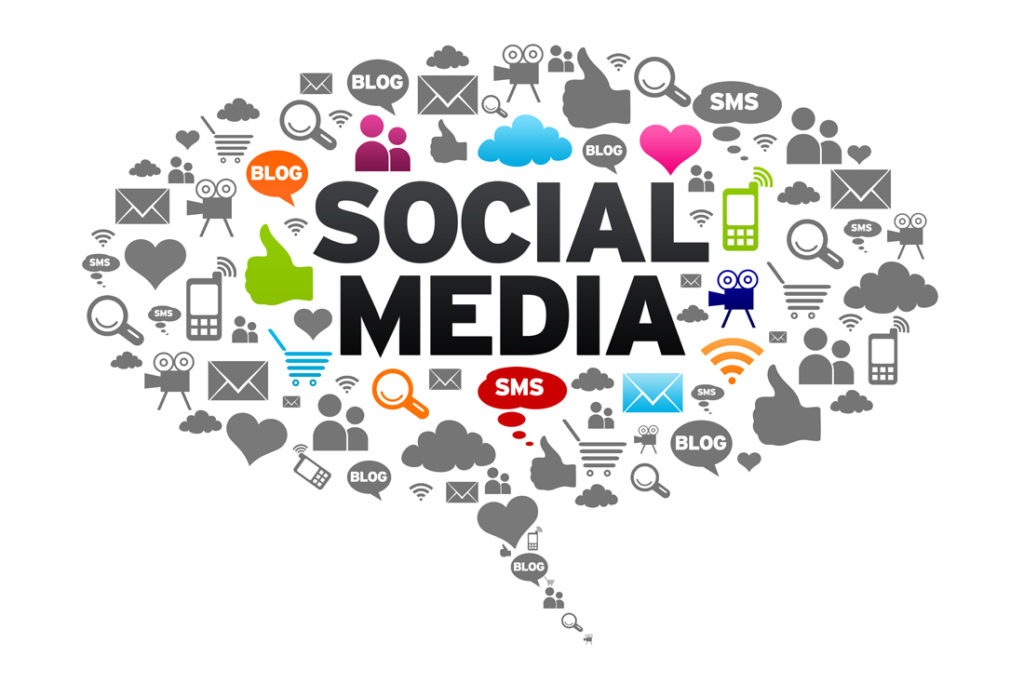Social and political advocacy has come of age in Africa, more citizens are getting involved in the policy influencing, political activism and political power check and balance. Many thanks to modern digital media tools which help disseminate information to a wider range of people at the same time. Unlike in the olden days when advocacy is a one-way thing, i.e. protests, media confrontations, newspaper articles, opinion, and music. Now, Digital media tools have reformed and revolutionized the way citizens and governments interrelate. It has changed the way social movements and human rights advocates operate. The process of communication distribution has been developed. Individuals can now add their thoughts to civic matters, augment their voice, not only through information that is being consumed but through active engagement and mass mobilization.
The first case in point, Digital media advocacy especially Twitter was deployed to influence South Africans to instigate the resignation of former president, Jacob Zuma after series of corruption allegations leveled against him. Earlier this year, Social media was used to influence the recent Not Too Young To Run bill that was signed into law by President Muhammadu Buhari of Nigeria and it was largely used to shape the opinions of Ghanaians in the run-up to the 2016 presidential election that saw Nana Akufo-Addo win the election against love opposition.
There are loads of civic engagement digital apps that have been used to get messages across to the targeted audience. Let’s take a cursory look at some of the popular ones like Twitter, Facebook, Instagram, BudgIT, and Tracka
Twitter: After coming into existence in 2006, the social site has positioned itself as the home of live, global chatter. It has cemented itself as a digital galleria, and a place for activists and politicians to engage directly with people and making big announcements along the way.
The rate at which President Donald Trump of America @realDonaldTrump, Rwanda’s President, Paul Kagame @PaulKagame, President Emmanuel Macron @EmmanuelMacron of France, Nigeria’s Muhammadu Buhari @MBuhari and many other world leaders use the Twitter app is an evidence to this fact. In fact, Twitter is so important to the business of politics that former US president, Barack Obama ahead of his re-election in 2012 hired a specialist team to analyse tweets and status updates across America.
Also, in Africa, political influencers and social activists have been using Twitter judiciously to canvass for support and influence public decisions politically and socially.
According to Data from How Africa Tweets report conducted by Portland reveals that Twitter continues to provide an important platform for political discourse in Africa. The report says that 1.6 billion tweets and over 5,000 hashtags from 2015 and found that political-related tweets in Africa. In the same report, Egypt, Nigeria, South Africa, Kenya, and Ghana are topping the list of tweets in Africa.
Facebook and Instagram: African politicians, influencers, and social activists realise that Facebook is a platform they cannot disregard. It’s where many of society’s influencers and politicians now hang out. It allows ordinary people to connect and build power through information sharing because they are enough people using the platform present at each potential human rights movement. As Africa progresses technologically, African politicians, social activists, and decision makers seem to have found the relevance of political and social engagement on digital media.
BudgIT and Tracka: BudgIT established in 2011, Nigeria’s citizen engagement app, BudgIT is a civic organization that applies technology to intersect citizen engagement with institutional improvement, to facilitate societal change. BudgIT uses an array of tech tools to simplify the budget and matters of public spending for citizens, with the primary aim of raising the standard of transparency and accountability in government.
BudgIT achieves these by partnering with civil society, public institutions, and the media in the areas of fiscal analysis, civic technology, and data representation. By so doing this, BudgIT have creatively represented data and empower citizens to use the resulting information in demanding improved service delivery.
Since 2011, BudgIT had been able to reach over 750,000 Nigerians via digital and physical spaces, leading online and offline conversations on government finance and public sector efficiency. With over 2,000 unique data requests monthly from private, corporate and development entities/individuals, BudgIT is now widely regarded as a trusted hub for public finance data in Nigeria. The social impact now has additional offices in Sierra Leone and Ghana.
Meanwhile, the second digital advocacy tool from BudgIT is Tracka. It was created in 2014 as a political project-tracking tool. Tracka is now functional in 17 States, and allows Nigerians post pictures of developmental projects in their communities, with BudgIT’s project officers aiding citizens offline to communicate with their elected representatives, and demand completion of the government projects in their neighborhoods.
With the new generation of digital advocates in Africa’s media space, we are experiencing a new wave of influence and the power of advocacy lies with each citizen.
Support is provided by way of creating content, providing equipment, seeking relevant policymakers and launching the campaigns online. We’re excited to see what this portrays for Africa, especially as some of them have gone viral and achieved and high-impact among the populace.
It is evidently unarguably that digital technology and social media has played a major role in changing the social and political advocacy in Africa and harnessing social justice. It will be a great opportunity for Africans to continue using digital media to promote social justice, equality and fairness, check and balances in leadership and enhance better society.
